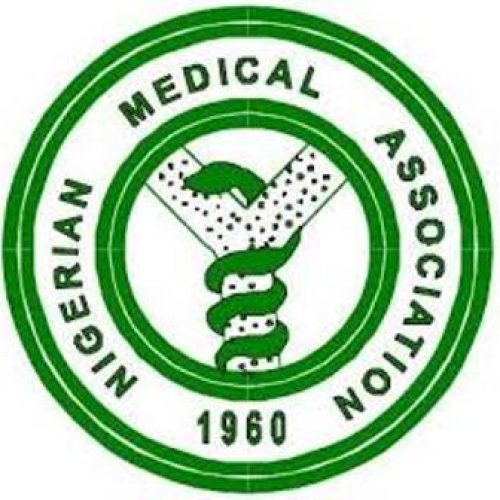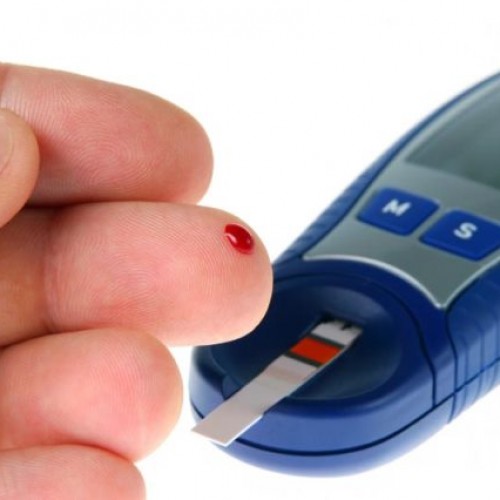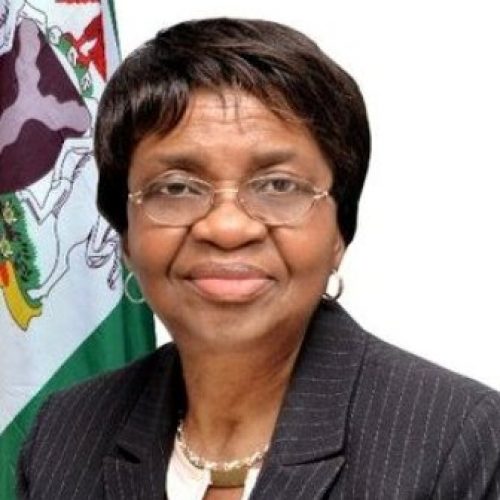FEC approves N10.3b for diabetes, HIV/AIDS, hypertension drugs
The Federal Executive Council has approved about N10.299 billion for the procurement of diagnostic kits for diabetes, antiretroviral drugs for resistant HIV/AIDS patients, antibiotics, anti-hypertensives, and antidiabetic medications.
Minister of Health and Social Welfare, Ali Pate, disclosed this while briefing newsmen at the end of the Council meeting presided over by President Bola Tinubu on Wednesday at the Presidential Villa, Abuja.
The FEC meeting was the second within the week.
The Minister said that the government’s intervention in the health sector was in line with the administration’s aspiration to ensure that Nigerians get access to quality and affordable health services.
He explained that out of the total sum, N997 million was earmarked for another procurement of antiretroviral drugs for HIV/AIDS patients that are resistant, N2 billion is for the diagnostic kits for diabetes, and N4.5 billion for the procurement of medical commodities such as antibiotics, antihypertensives, and antidiabetic medications.
The sum also includes N2.1 billion for the procurement of a mobile X-ray machine for the Abubakar Tafawa Balewa University Teaching Hospital in Bauchi, as well as the rehabilitation and equipping of the hospital with a computerized tomography (CAT) scan and a 64-slice CT scan.
“Today (Wednesday), two memos related to the health and social welfare sector, in line with the President’s aspiration to ensure that Nigerians get access to quality health services that they can afford, for which we’ll be making steady progress.
“FEC approved a contract of N10.299 billion for various products that are linked to enhancing the accessibility and affordability of health commodities and health services for Nigerians.
“The first category was the third-line antiretroviral drugs. A few weeks ago, we approved first-line antiretroviral drugs. Second and third-line drugs are for those who are resistant. Nigeria is putting forth resources, almost 997 million naira worth of contracts, to procure the third-line antiretroviral drugs for those who are HIV-infected.
“I believe you will understand the importance of this, given the changes in global health financing and the move towards mostly domestic financing to allow Nigerians to continue on treatment as they require.
“The second category is the procurement that was approved for locally manufactured diagnostic kits for diabetes. Diabetes is a major issue in our country. It’s among the fastest-growing health challenges.
“We have lots of our population suffering from diabetes, and some are not even aware they have it. In addition, we have a local company, one of the first on the continent that will manufacture these diagnostic test kits in Nigeria.
“This is a company based in Lagos, which we had commissioned. It’s a private company, but it’s manufacturing in Nigeria. So the government is procuring the diagnostic kits, the Onpoint blood glucose monitoring system, which is manufactured here in Nigeria. This brings to life the effort to unlock the healthcare value chain by encouraging local manufacturers.
“So, the Federal Government is procuring N2 billion worth of those diagnostic kits. Out of this total amount that I had mentioned, that will also be in addition to Onpoint glucose monitoring devices.
“But anybody who has diabetes will know that they will have to monitor over time. So the devices are also being procured, and they will be distributed. The health workers will be trained through primary healthcare centers and other facilities, and those commodities, we believe, will bring relief to many Nigerians who are poor and vulnerable and cannot otherwise afford them. So that’s also what was approved by the Federal Executive Council,” the minister said.
He said that President Tinubu had previously indicated that the country needs to have a medical relief program to lower the cost of other types of medical commodities, adding that antibiotics, antihypertensives, and antidiabetic medications are among the approvals beyond the test kits.
“Those are also worth 4.5 billion naira, which will be procured and distributed to help lower costs. These are also commodities that are manufactured by local manufacturers here in Nigeria, so we are beginning to pool the demand and patronize our local manufacturers. So that’s one category of the approvals in the FEC today,” the minister stressed.
The second approval was for one of our largest teaching hospitals, the Abubakar Tafawa Balewa University Teaching Hospital in Bauchi, for which the Federal Executive Council approved the procurement of a mobile X-ray machine and also the rehabilitation and equipping of a computerized tomography (CAT) scan, a 64-slice CT scan for that teaching hospital, in the amount of N2.1 billion in total.
“The diagnostic services and the clinical care that Nigerians will receive in that hospital will be of the highest quality that we can make it, and it serves as a referral center not only in the state where it is located but also in the region where it is located.
“So, those are the two main items that the Federal Executive Council considered, which are in line with the transformation in Nigeria’s health sector. And Mr. President has been pursuing this vision relentlessly, and we are executing it,” Pate said.







0 Comments
No Comments Yet!
You can be first to comment this post!